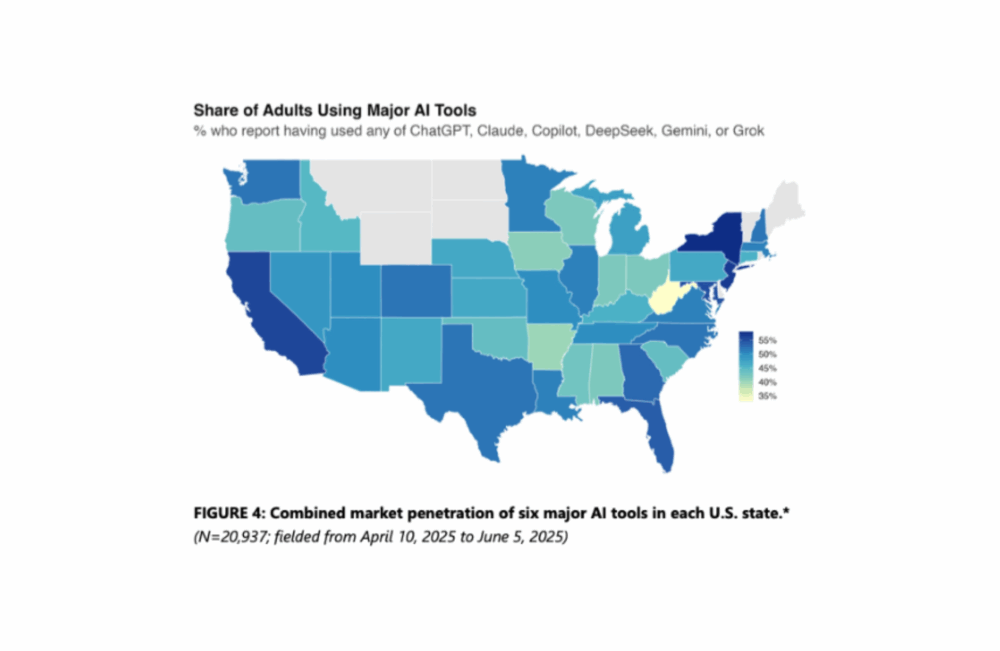
Reports & Papers
CHIP50 Report #116: AI across America: Attitudes on AI usage, job impact, and federal regulation
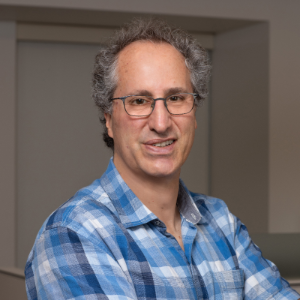
Matthew A. Baum (Ph.D., UC San Diego, 2000) is the Marvin Kalb Professor of Global Communications and Professor of Public Policy at Harvard University’s John F. Kennedy School of Government and Department of Government. His research focuses on the domestic politics of international conflict and cooperation in general and American foreign policy in particular, as well as on the role of the mass media and public opinion in contemporary American politics. Additional research interests include the interaction of media and electoral institutions, fake news and misinformation, and the relationship between partisan media and polarization. His research has appeared in over a dozen leading scholarly journals, such as the American Political Science Review, American Journal of Political Science, and the Journal of Politics. His books include Soft News Goes to War: Public Opinion and American Foreign Policy in the New Media Age (2003, Princeton University Press), War Stories: The Causes and Consequences of Public Views of War (2009, Princeton University Press, co-authored with Tim Groeling), and War and Democratic Constraint: How the Public Influences Foreign Policy (2015, Princeton University Press, co-authored with Phil Potter). He has contributed op-ed articles to a variety of newspapers, magazines, and blog sites in the United States and abroad. He is also co-founder, principal investigator and co-editor of the Harvard Kennedy School Misinformation Review and co-founder and principal investigator of the COVID States Project. Before coming to Harvard, Baum was an associate professor of political science and communication studies at UCLA.

Reports & Papers
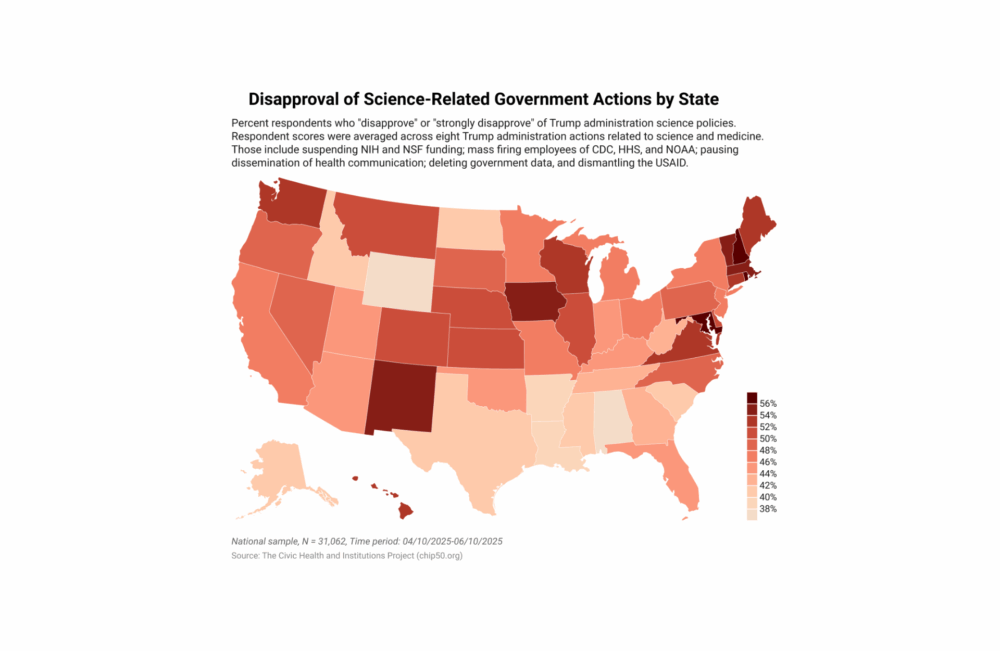
Reports & Papers
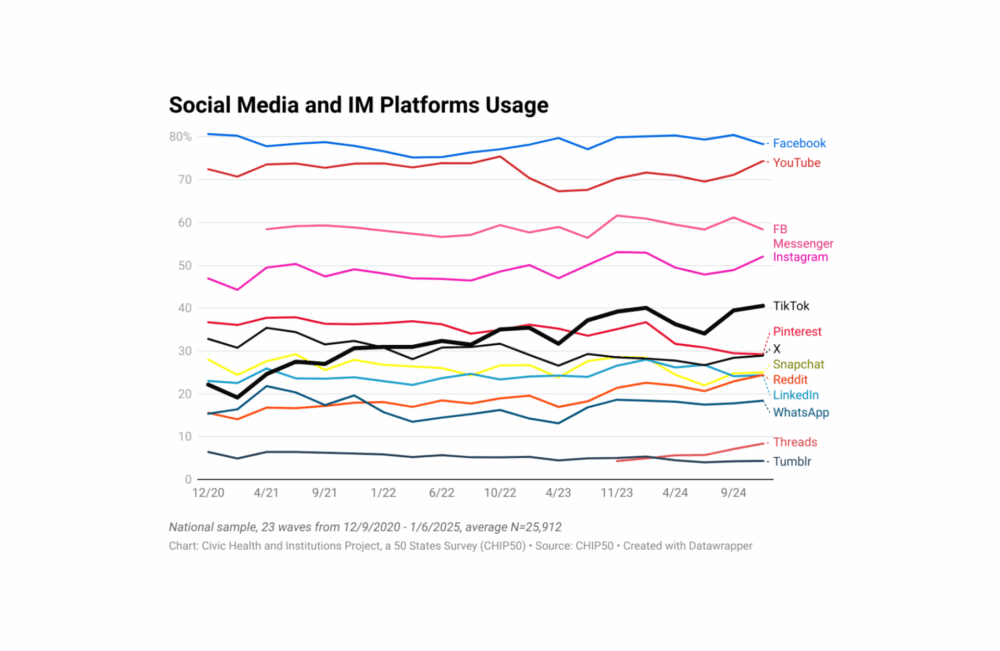
Reports & Papers
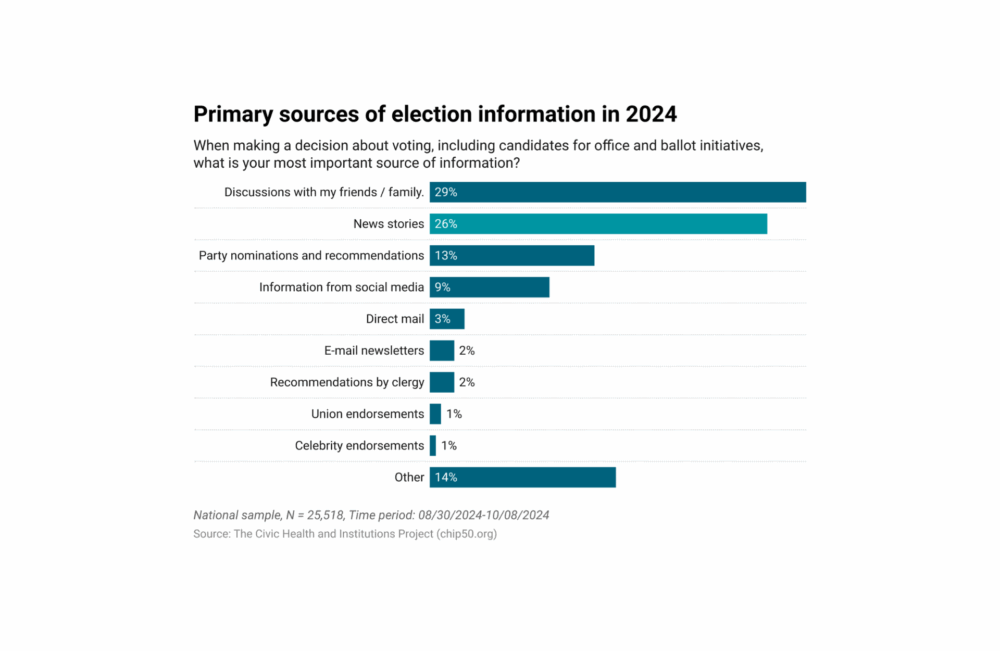
Reports & Papers
Reports & Papers
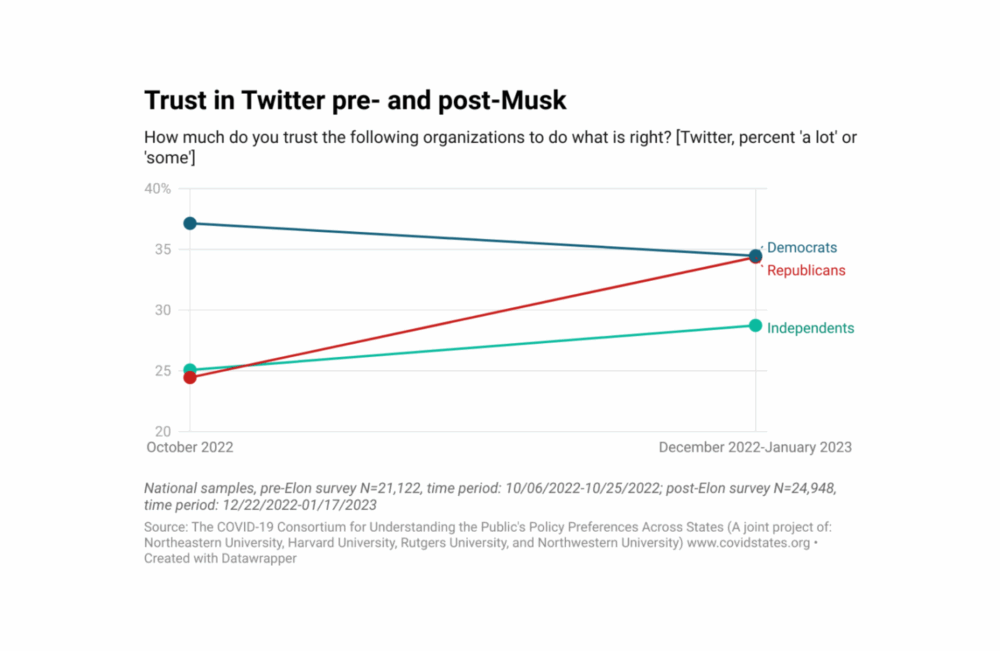
Reports & Papers
In this talk, Professor Lyons will explore the question “Why do older adults engage more with misinformation online, even when they often identify falsehoods correctly in surveys?” This event is part of the Speaker Series on Misinformation, co-sponsored by the Shorenstein Center for Media, Politics and Public Policy at Harvard’s Kennedy School and the Network Science Institute at Northeastern University.
Event
Rubenstein Building - R-414-AB David Ellwood Democracy Lab & Zoom
1:00 PM – 2:00 PM

In this talk, Professor Matt Motta will argue that although it’s presently unclear if efforts to stigmatize mRNA vaccines by many prominent voices in American public life have impacted broader US public opinion, there is growing reason to believe that it will. This event is part of the Speaker Series on Misinformation, co-sponsored by the Shorenstein Center for Media, Politics and Public Policy at Harvard’s Kennedy School and the Network Science Institute at Northeastern University.
Event
HKS campus, Rubenstein Building, R-414-AB David Ellwood Democracy Lab & Zoom
12:00 PM – 1:00 PM
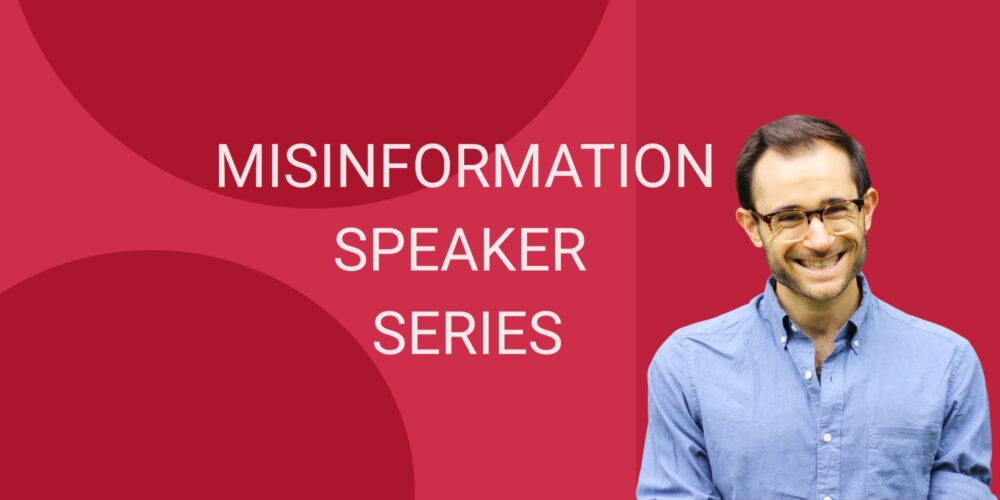
Professor John Wihbey will present his argument for the U.S to establish a duty of care for social media platforms to take reasonable action when harms present themselves. Attendees will discuss ideas from his forthcoming book “Governing Babel: The Debate over Social Media Platforms and Free Speech – and What Comes Next” (MIT Press). This event is part of the Speaker Series on Misinformation, co-sponsored by the Shorenstein Center for Media, Politics and Public Policy at Harvard’s Kennedy School and the Network Science Institute at Northeastern University.
Event
Rubenstein Building - R-414-AB David Ellwood Democracy Lab & Zoom
12:00 PM – 1:00 PM

Part of the Speaker Series on Misinformation, co-sponsored by the NULab at Northeastern University. This event occurred on April 22, 2021.
Event
1:00 PM